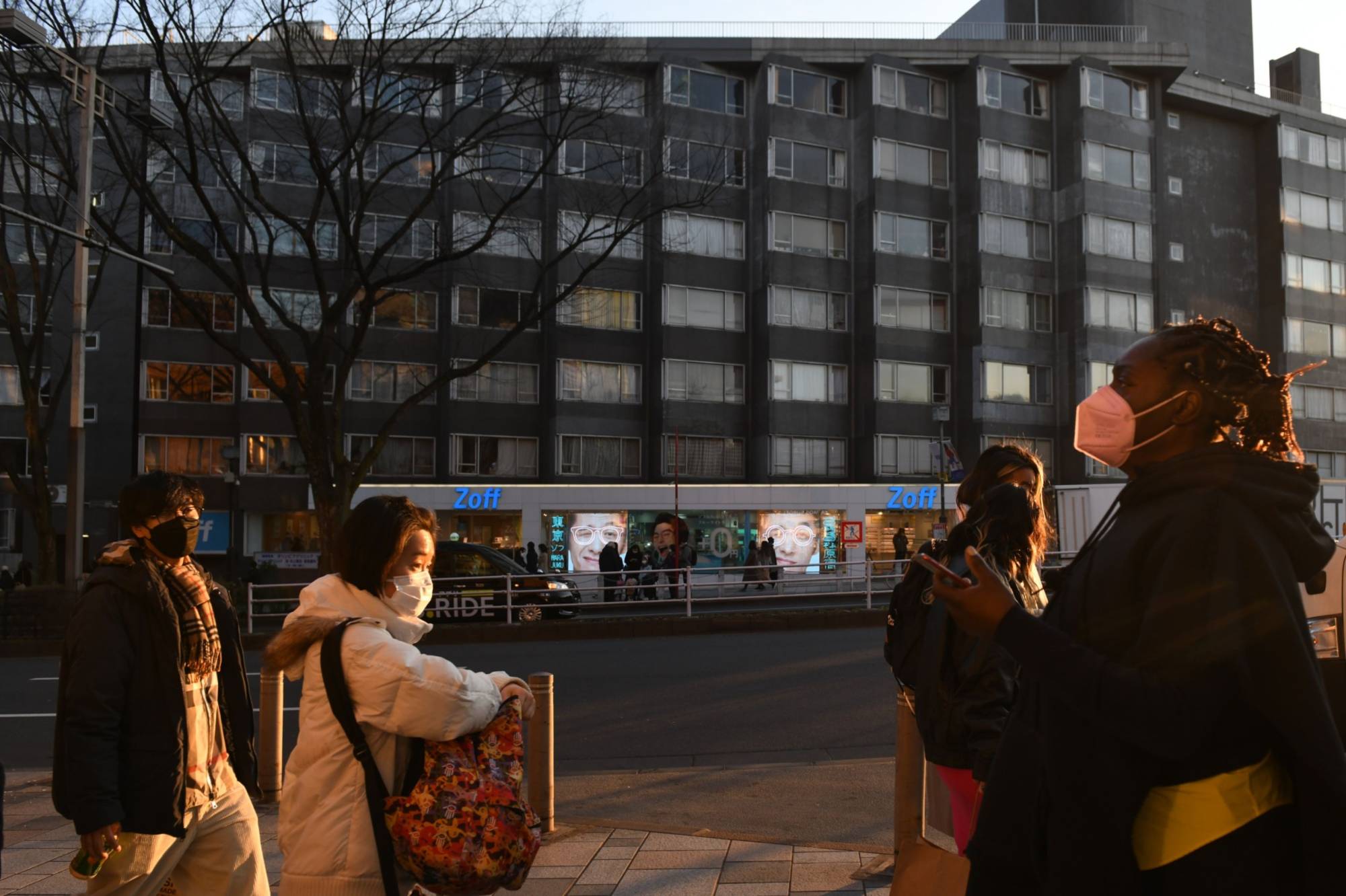Japan’s key inflation measure weakened last month, offering support for the Bank of Japan’s view that price growth is still too feeble to consider pulling back its stimulus measures.
Growth in consumer prices excluding fresh food slowed to 0.2% in January from a year earlier, compared with 0.5% the previous month, the internal affairs ministry said Friday.
Economists had expected a weakening to 0.3%, as an earlier boost from higher hotel charges dropped out of the calculations, but many of them also see price growth picking up again and moving closer to the BOJ’s 2% target in the coming months.


















With your current subscription plan you can comment on stories. However, before writing your first comment, please create a display name in the Profile section of your subscriber account page.